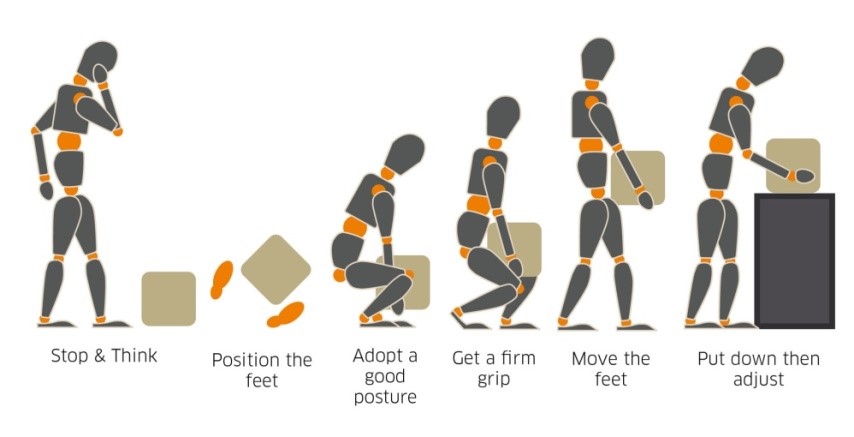Health and Safety advice for Volunteers
Health & Safety Briefing for volunteers
This document is to be supplied to all members of your group before any tasking takes place. Please ensure all have read and understood its content and have signed a Lincolnshire County Council Volunteer Indemnity Insurance Form. Without this your group or some or all of its volunteers cannot be deployed to assist vulnerable people within your community.
The food parcel may be heavy. Please practise safe manual handling techniques when lifting and carrying the parcels

Delivery of parcels.
- Ensure your coordinator has your contact details and is aware of your movements
- Wear suitable disposable gloves when delivering parcels. A new pair of gloves is required for each delivery.
- If the recipient is not home. Do not leave the parcel unattended outside of the property.
- The parcel should be placed outside the property to minimise contact. The occupier can take the parcel inside. Do not enter the premises.
- Do not undertake any other tasks. Report any additional requests to your coordinator.
- Stay 2 metres (6ft) away from other people at all times.
- Wash your hands as soon as you get home.
- Report each completed task to your coordinator
No other personal protective equipment is required above and beyond normal good hygiene practices.
Clean your hands frequently by washing with soap and water for 20 seconds or using hand sanitiser. This will help protect you. This step is one of the most effective ways of reducing the risk of passing infection to others.
Cover your mouth and nose with disposable tissues when you cough or sneeze. If you do not have one to hand, sneeze into the crook of your elbow, not into your hand.
Dispose of tissues and disposable gloves into a rubbish bag and immediately wash your hands with soap and water for a minimum of 20 seconds or use a hand sanitiser. We do not recommend the use of facemasks as an effective means of preventing the spread of infection. Facemasks play an important role in clinical settings, such as hospitals, but there’s very little evidence of benefit from their use outside of these settings.
Thank you for your help and support.
